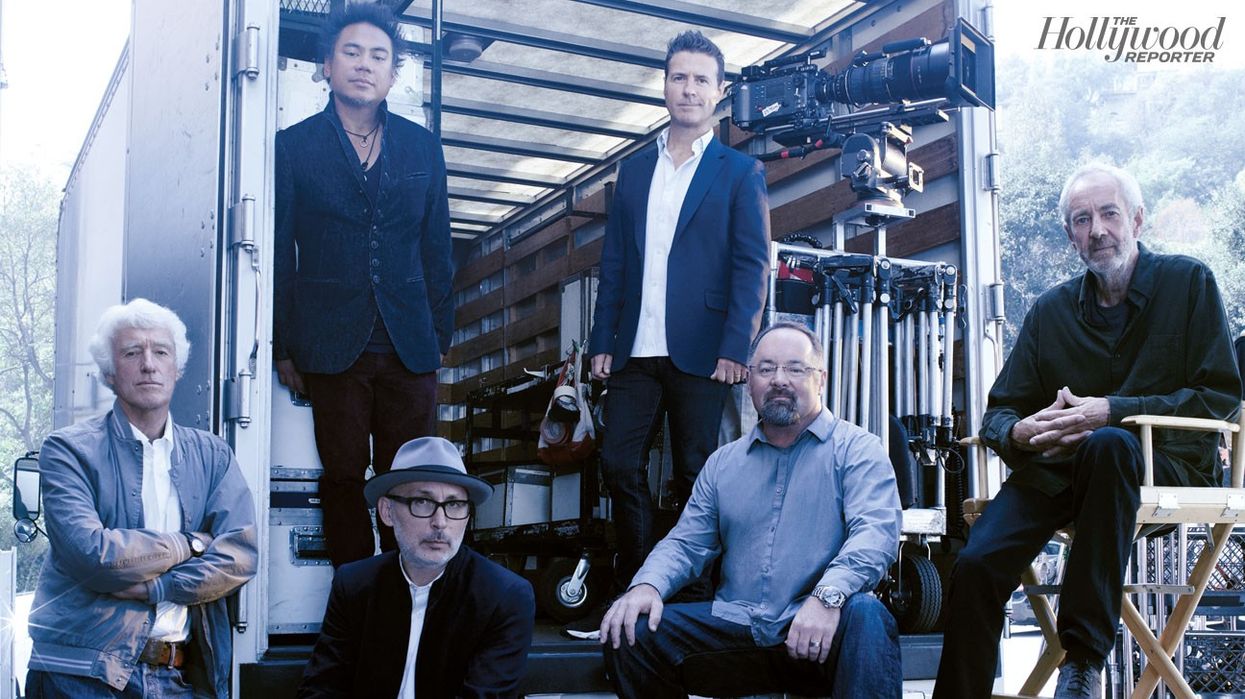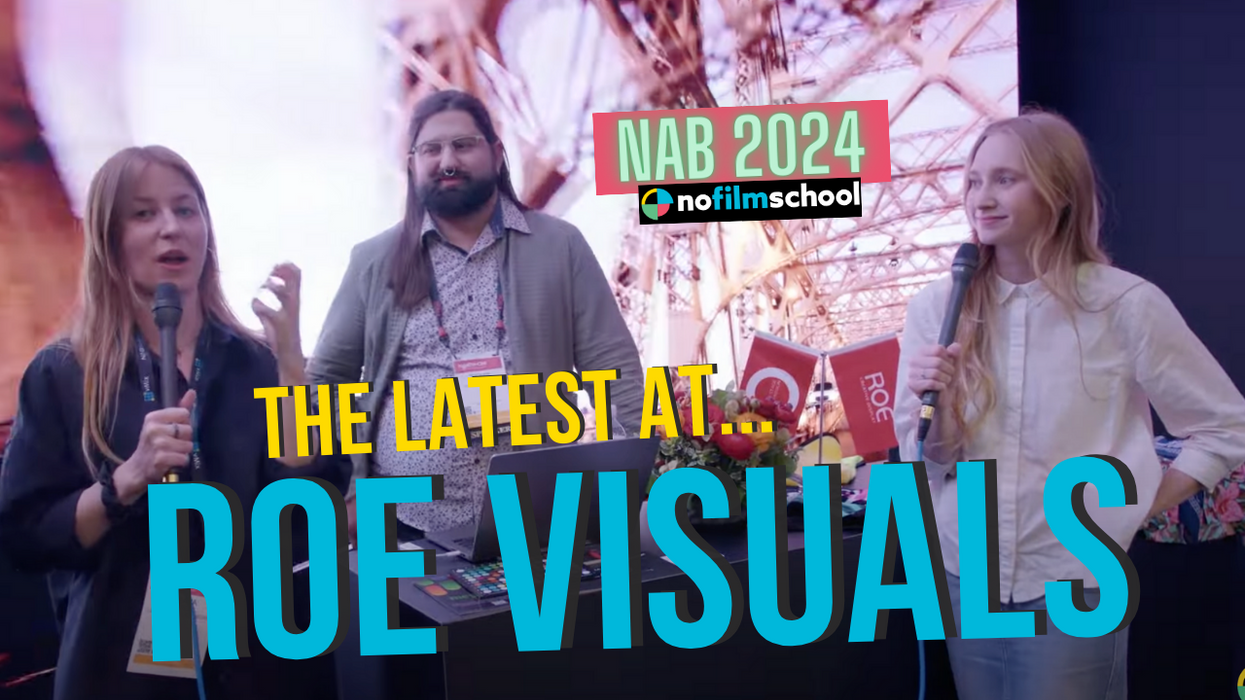7 Takeaways from THR's Uncensored 2014 Cinematographer's Roundtable
Round-table style discussions are a great way to get a sense of the different viewpoints of working filmmakers. This year, THR packs their table with cinematographic talent to discuss different approaches to the craft.

In the 2014 lineup is: Dion Beebe (Into the Woods), Jeff Cronenweth (Gone Girl), Roger Deakins (Unbroken), Benoit Delhomme (The Theory of Everything), Matthew Libatique (Noah) and Dick Pope (Mr. Turner). Check out the 40-minute video here:
Here are some of my takeaways from the discussion:
People confuse "pretty" with good cinematography.
With now ubiquitous access to "quality" looking images, the role of the cinematographer becomes even more difficult and important. Adjectives like "beautiful" and "spectacular" have lost their meaning completely, and cinematographers are not looking for shallow compliments. They want their work to melt into the bigger picture -- they want their movies to work.
If a review only picks up on the cinematography and forget about reviewing the film, if that's the only thing they can grab onto -- that's about as bad as it gets.
The late great Sydney Lumet said:
Good camera work is not pretty pictures. It should augment and reveal the theme as fully as the actors and directors do -- The overriding consideration for me is that the techniques come from the material. They should change as the material changes. Sometimes it's important not to do anything with the camera, to just shoot it 'straight'. And equally important to me is that all this work stay hidden.
This viewpoint is heavily reinforced by the voices at this round-table -- when watching a film they don't want to be thinking about the cinematography, they just want to surrender to an experience.
Being asked back is the best review a cinematographer can get.
Dick Pope says of his second collaboration with Mike Leigh: "It's the most wonderful thing to be asked back, if you want to. It's a great honor. It means more than any credit or any review that they enjoyed the experience and they want you to do another one." There is much more than the technical qualifications that a DP brings to the table. Being an enjoyable person to work with is a huge part of our job security. Arguments happen, differences arise, heads will butt -- but we must not let these things get in the way of the work.
Start every film with "I don't know how to do it."
Benoit Delhomme stresses that he doesn't feel he has a style -- and he doesn't want one. He looks at each project as starting over, a redefinition of his style. Every time is risky because he's trying to do something new; he's applying a new rule on each film. For Delhomme, most of his preparation is getting to know the director.
What actors do technically meets what cinematographers do creatively.
In the early days of movies there were more technical considerations that actors had to think about: lighting, depth of field, where you can walk and where you can't. Actors have now been freed up by modern cinematography. There are many kinds of actors -- some want to get involved and know about the technical side of filmmaking -- others just want to take care of their character. The creative and the technical however, are inextricably linked, and it's good to recognize that actors have a technical component to their craft just as cinematographers have a creative one.
Working with weather is like rolling the dice.
When working on location and with exteriors, despite many useful apps to help predict the weather, there's no real way to know what it will do. Therefore, the DP must make a choice on which look to maintain throughout the scene. This choice can sometimes continue for days or weeks, but it's basically a coin flip cinematographers have to make. Dick Pope also makes the case for having a little good luck on your side, as he did for the cloudscapes of Mr. Turner.
Film projection is on its last legs.
The shutter effect that everyone loves so much about film projectors comes at the cost of the quality control of film prints. With film prints you never really know what the quality will be like, if the print will be covered in dirt, or scratched. Some view this as a lost charm of projection, but there's also a comfort for cinematographers to know that the DCP will be the same every time.
High dynamic range is not simply better.
Contrast is important. Our eyes aren't used to seeing all the details outside a bright sunlit window and shadows in the same image. Dion Beebe states:
I could walk into any restaurant in the middle of the night in LA and photograph in it without bringing lights with me. But is that cinematography? Surely part of what we do is about shaping light and telling a story with light. And I do worry, do you just stop applying light?
What do you think of this roundtable and the role of the cinematographer today?












